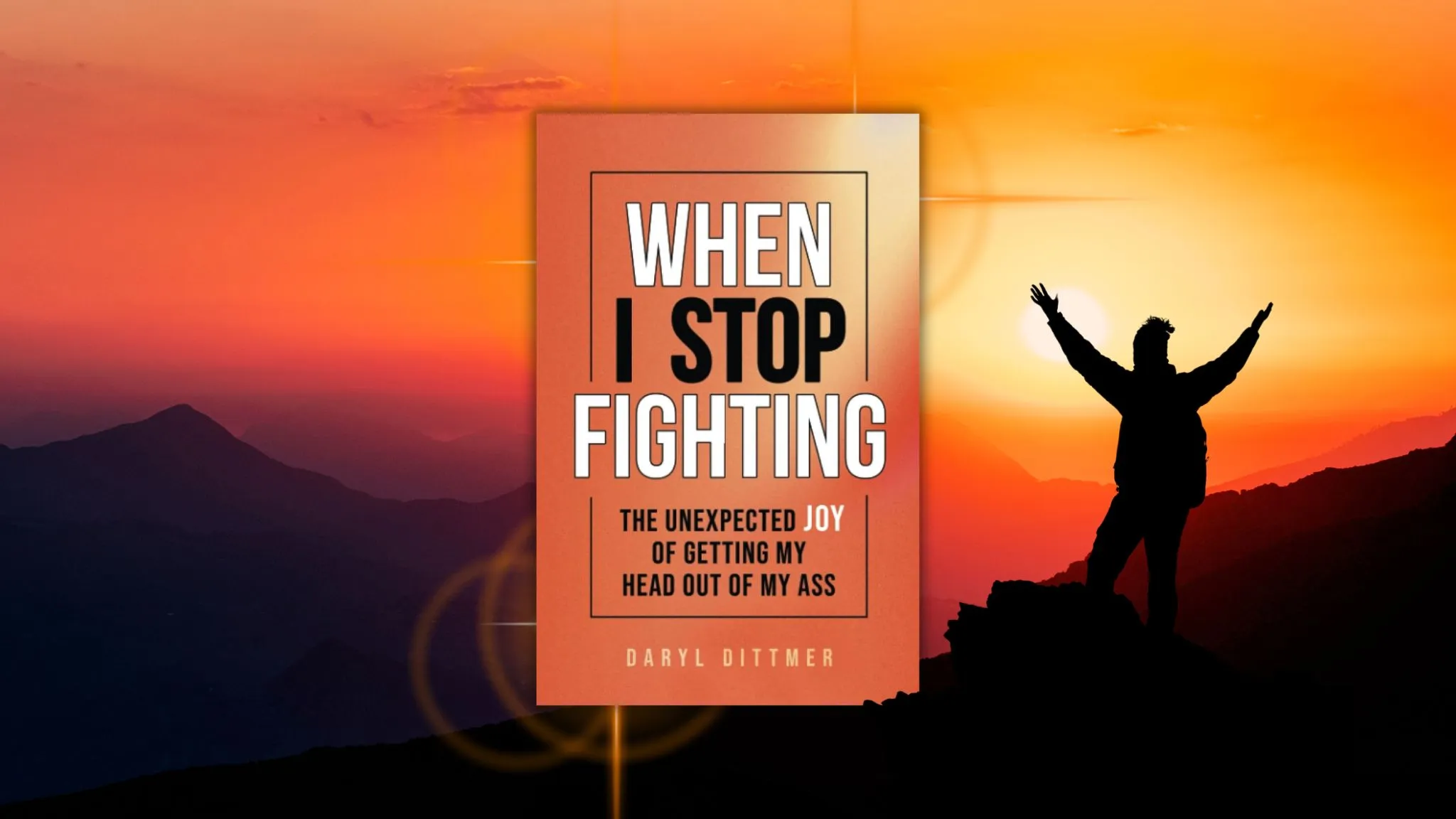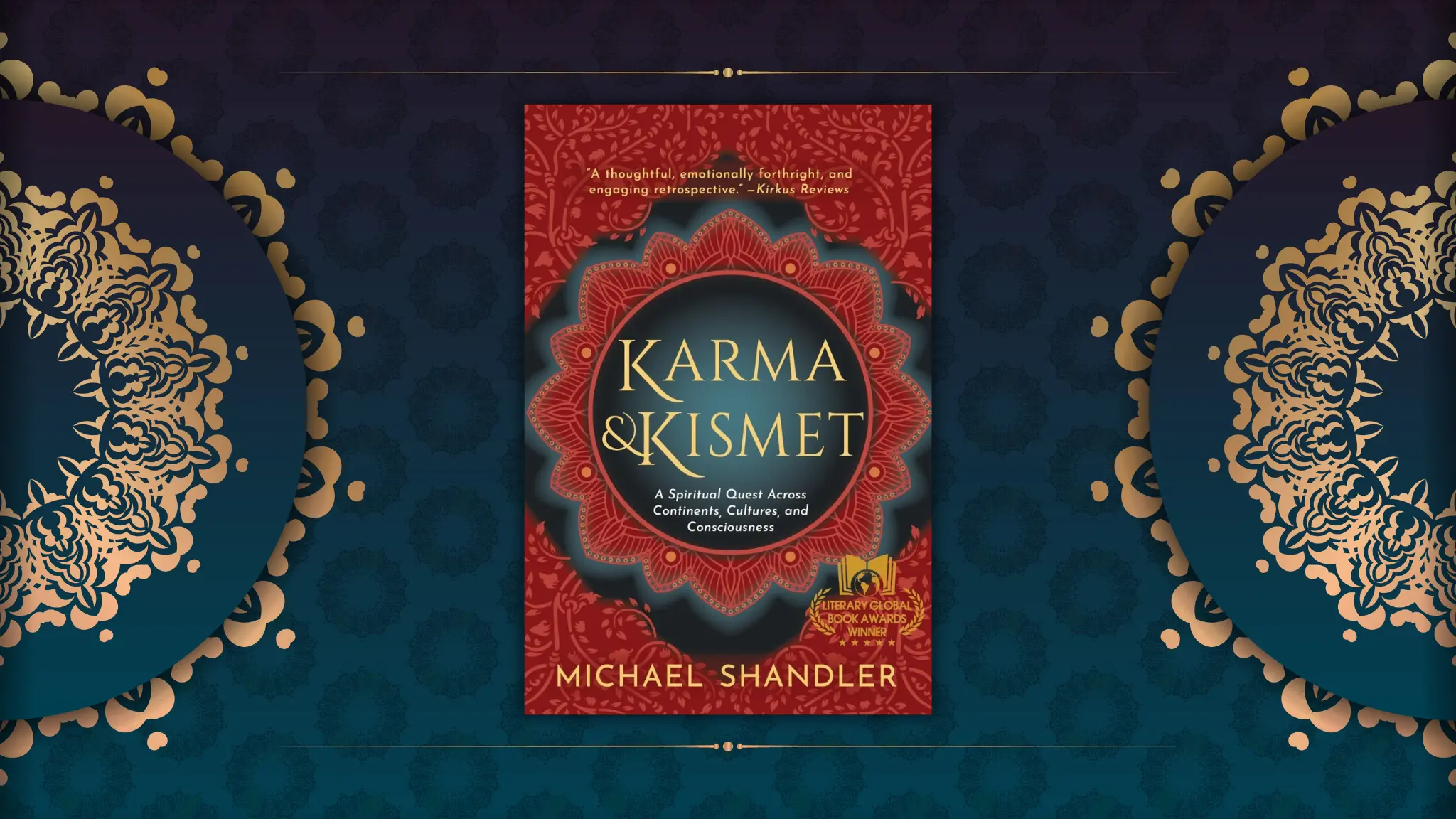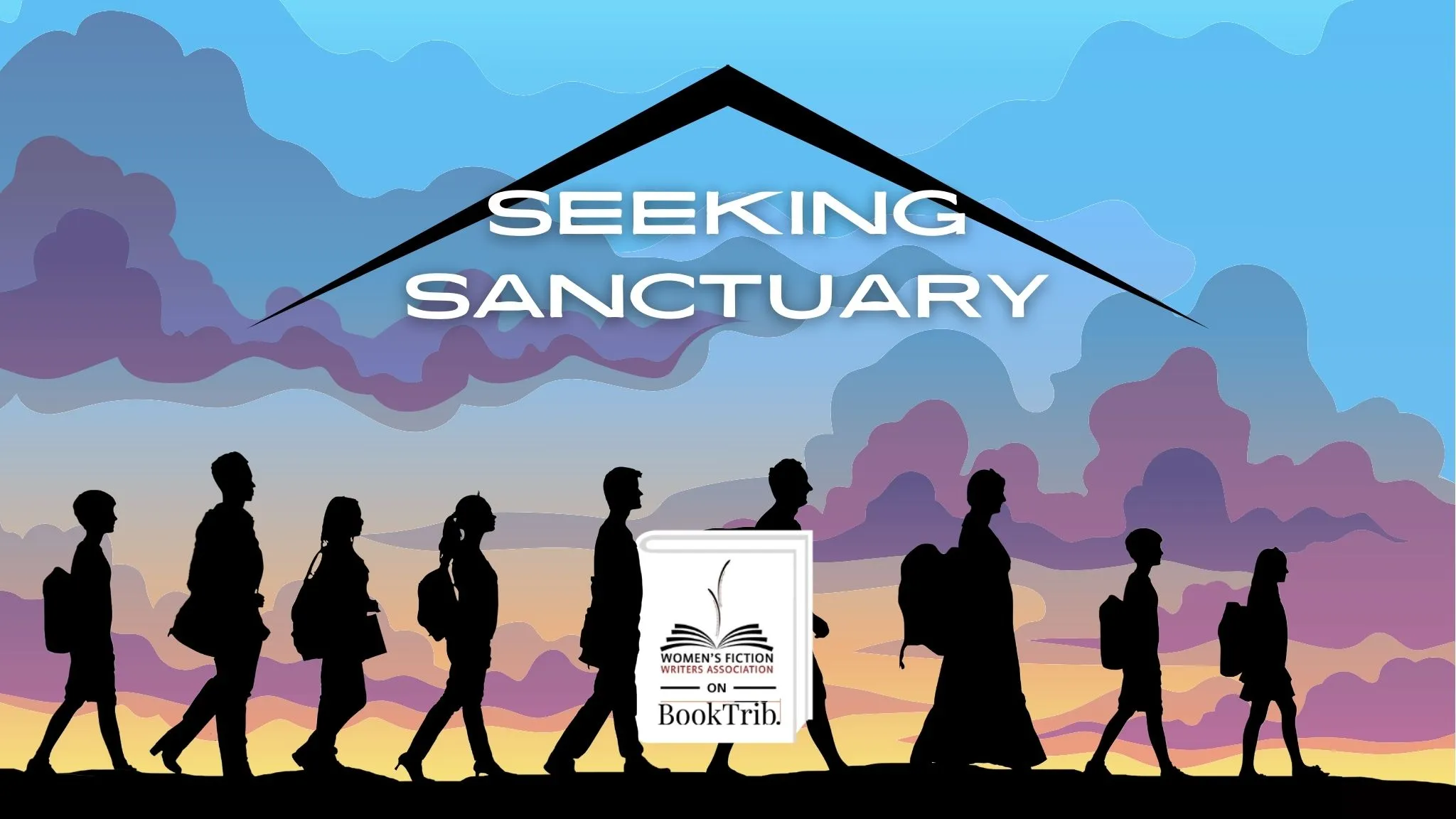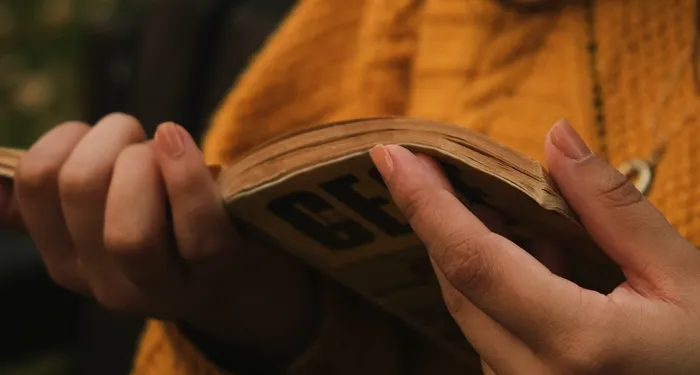Kelly is a former librarian and a long-time blogger at STACKED. She's the editor/author of (DON'T) CALL ME CRAZY: 33 VOICES START THE CONVERSATION ABOUT MENTAL HEALTH and the editor/author of HERE WE ARE: FEMINISM FOR THE REAL WORLD. Her next book, BODY TALK, will publish in Fall 2020. Follow her on Instagram @heykellyjensen.
This essay is part of a series to raise awareness during the second annual Prison Banned Books Week. Each essay, written by a currently incarcerated person, details the author’s experience of reading on prison tablets. Because every one of the 52 carceral jurisdictions in the country have different prison telecom contracts and censorship policies, it’s important to hear from incarcerated people across the country.
Single-state prison systems censor more books than all state schools and libraries combined. Recently, prisons and jails have been contracting with private telecom companies to provide tablets to detained and incarcerated people. Tablets have been used to curtail paper literature under specious claims that mail is the primary conduit of contraband. Most also have highly limited content. In many states, accessing the content is costly, despite companies acquiring these titles for free. This inaccessible and outdated reading material is used to justify preventing people from receiving paper literature and information.
This year, the organizers and supporters of Prison Banned Books Week, in collaboration with the San Francisco Public Library, which recently extended their catalog to local prisons and jails, are calling for public library catalogs to be made available on carceral tablets. Library content is for community use, and detained and incarcerated people are still part of our communities.
To learn more, visit the Prison Banned Books Week website or purchase a copy of Books through Bars: Stories from the Prison Books Movement edited by Moira Marquis and Dave “Mac” Marquis.
You can read the first essay in this series, Free Prison Tablets Aren’t Actually Free by Ezzial Williams, right here. The second essay in this series, Uninspired Reading by Ken Meyers, is available here.
Literary Activism Newsletter
News you can use plus tips and tools for the fight against censorship and other bookish activism!
Thank you for signing up! Keep an eye on your inbox.
*
Mark Twain Goes to Prison by Derek Trumbo
Nearly twenty years ago, when I first got to prison I never thought I would become a writer, read John Updike, Luigi Pirandello, have a tablet that allowed me to play games and listen to music, or debate the merit of an old Mark Twain quote. Yet I here I am.
Entering the prison library as a fish or newbie, I was astounded to find so many books on the shelves, and to notice how reverently the other prisoners treated them. On my first day, I was shocked to see an older prisoner chastise a younger man for cracking the spine of a larger book he was perusing. “Young man, don’t do that. Don’t crack the spine on that book. It causes the pages to fall out. What we’ve got, we’ve got to take care of.” When the younger prisoner didn’t scoff at the older prisoner’s advice, I figured I’d best follow suit. I treated each book I examined like it was a precious gem.
I searched the shelves for Stephen King and anything else horror I could find. All I could find was a dog eared copy of IT. I’d read IT a few times, and watched the movie so many times I could practically quote it. There appeared to be only three other guys in line at the counter, so I took the book to the checkout and began to read as I waited. There were somewhere between four to ten other people in line doing the same thing I was doing. The man in front of me changed spots with two other guys who rushed up with books in their hands once they spotted me walk up. “I’m holding their spot,” said the guy ahead of me. “It’s called good looking out. These guys are super slow round here.” I could only nod my head, and step back, as the line of four prisoners grew.
Holding a spot turned out to be a convenience for several of the other guys in line as well. A laminated quote was hanging up beside the checkout counter, and I read it as the prisoners in line waited for the prisoners checking out their books took their sweet time to do so. The quote said, “When the rapture comes I’d rather be in Kentucky. Everything happens twenty years later there…” — Mark Twain.
By the time I got to the checkout counter and was able to place my book on the desk — the spot holders ahead of me finally ran out of friends to look out for — I’d already read nearly an entire chapter. That’s when I saw the plethora of boxes and index cards the prisoners behind the counter had to go through to find the book I wanted to check out. The man behind the counter took my book and searched the boxes for the corresponding checkout card. “I can’t find the card,” he finally told me. “Which mean this book is already checked out. You’ll have to find another book.”
Beside the Mark Twain quote was a small sign: No checkout card, no book.
I returned the book to the shelf where I’d found it, and returned to the dorm.
Many years later — nearly twenty to be exact — recalling the quote by Samuel Clemens–better known as Mark Twain–I couldn’t help but to smirk at how accurate his words were.
I was in need of a book on writing, and there wasn’t one in the eBooks library on my prison issued Securus tablet. It was time to make a trip to the prison library. Many things had changed over the years since I first stepped foot into the prison’s library. We had a riot in 2009 that burned much of the prison to the ground, including the library and all of its books. I’d become a writer, and I’d turned into the old prisoner who warned younger prisoners not to destroy the few good things we had. Noticing a young man about to rip another page from one of the few art books on the shelves, I asked him, “What happens when there aren’t any more pages left to rip out?” The young man said he was going to use the drawing for a tattoo design he was working on. The prison wouldn’t allow tattoo books or magazines to be sent in, and he didn’t have anyone to send him pictures on the stupid tablets. He ripped the page out anyway, and gave me a look that told me to mind my own damn business.
I sat down with a book on writing, and began to study. Today’s subject was theme. I turned to John Updike’s short story A and P. The young man sat down at the table across from me.
“What you reading?” he asked.
“A book on writing,” I said.
“What for?”
“Because the tablets don’t have anything about how to become a writer on them,” I explained. “Just like they don’t have anything on how to draw.”
“I’m taping the page back in the book,” the young man said. “I guess I can just study it here. Um, what are you trying to learn?”
I told the young man about how I was working on incorporating the use of theme into my stories more, and how the theme of Updike’s particular story, A and P, is that vanity or false heroics can prove extremely costly in some situations. In good stories the theme is backed up by a string of events that lay out the plot and lead the reader to the conclusion in such a way that they feel satisfied. I showed the young man another story I was studying War by Luigi Pirandello, and explained how just the day before I’d studied how Pirandello set his story in the passenger compartment of a train leading them into the battlefields of Italy at the start of World War I.
“World War I? That had to be like a lifetime ago,” the young man said. “I bet that’s on the tablet.”
I explained how the tablets eBooks library only has things that are in the public domain. Plenty of World War I, but no Updike or Pirandello. It has to be 70 years old or older.
“I had a real tablet on the streets, and I could use it for everything. What I’ve got now is a joke,” said the young man. “Do you think the prison will ever update it, or let us actually use the damn thing the way it’s supposed to be used? Theres no streaming, or magazines, or Audible. Nothing but high priced music, Game Boy-era video games, and old ass books from people I don’t know nothing about. I tried to look up urban fiction and it gave me Unknown Mexico. What’s the use? It’s like all they want me to do is play video games, listen to music, and get into trouble.”
I glanced at the checkout, and smiled. The Mark Twain quote and numerous boxes of index cards had been gone since the riot of 2009. Only recently had the prison switched over from index cards and updated the library system to use computers for book checkouts.
“Sooner or later,” I said. “At least we’ve got tablets now. We’ve got to make the best of what we have. This is Kentucky we’re talking about after all.”
Prison censorship is a topic that has been covered in depth here at Book Riot for many years. Take some time this week to dive into those posts, including:



















 English (US) ·
English (US) ·